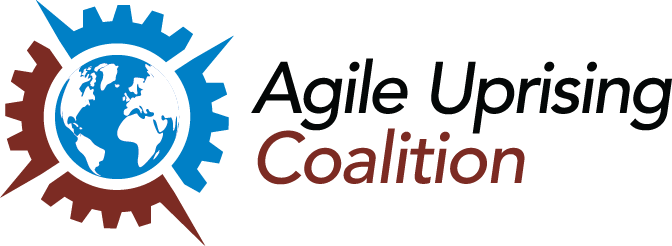This week, I was talking with some of my team. For context, we are a small-ish, boutique, consulting firm that targets global enterprise clients. It’s a heck of a dichotomy. I was talking about the persona we should be hiring for our team as we are in a rapid growth stage.
I have a personal sense that the type of person that is good at introducing agility to an old stalwart of Enterprise process needs to have a unique skill set of credibility, grit, and familiarity with the bureaucracy that infects most large companies.
By contrast, I would position startups to have much less restriction on process, so the balance tips towards credibility and energy in that space.
Since this conversation, I have been reflecting on what I said and am challanging if I was correct in my line of thinking. I am curious what others sense about the correlation of organization size to skills that maximize success in that context.

